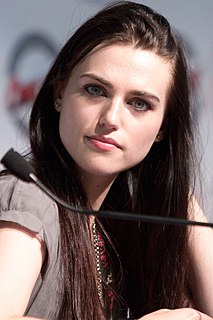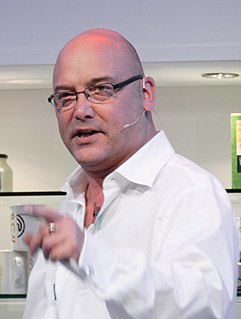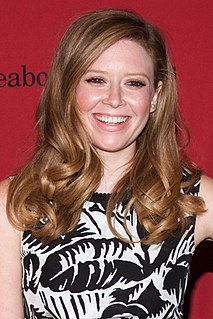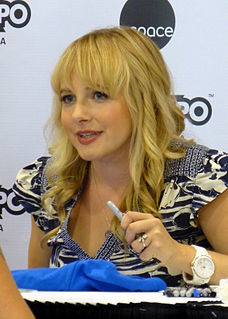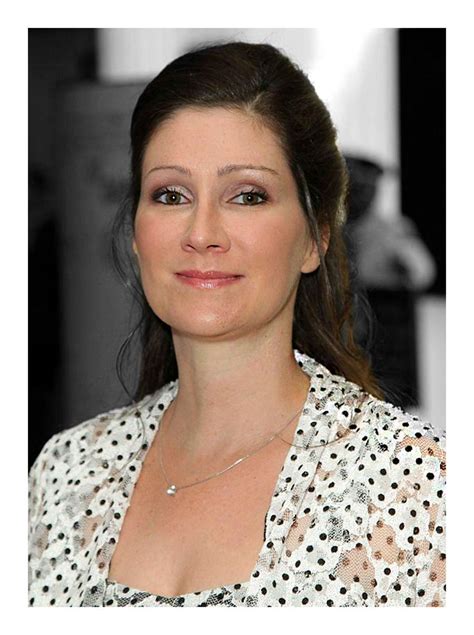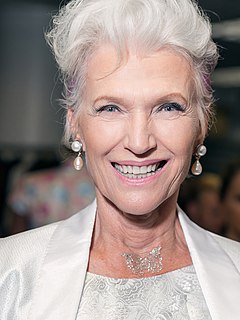A Quote by Douglas Coupland
TV is all about hair. And then skin. And then clothing. And then it's about your voice. And finally the report, what you're actually saying. And 99 times out of 100, it never gets past the hair.
Related Quotes
For many women, how our hair looks and feels is an everyday part of our lives, whether we always want it to be or not. And ultimately, feeling good about yourself is good for your life and who you are. So if having the best hair you can have means you feel better about your day, then go get that hair. And don't feel guilty about it!
Most people think, "Life sucks, and then you die." I disagree. I think life sucks. Then you get cancer. Then you go into chemotherapy. You lose all your hair, you feel bad about yourself. Then all of the sudden the cancer goes into remission, and then all of the sudden you have a stroke. You can't move your right side. And then, maybe, you die.
Well I’ve been doing it for about twenty years, I did films when I was a little kid, when I was about six or seven, I was in films and I had this really high voice, I did a series called Dinobabies, that was my first one. And then after that I did Madeline, yeah so it just kind of happened and then never went away. Then everyone said your voice is going to change and you’ll be out... No, no, still on helium.
For me writing is a long, hard, painful process, but it is addictive, a pleasure that I seek out actively. My advice to young writers is this: Read a lot. Read to find out what past writers have done. Then write about what you know. Write about your school, your class, about your teachers, your family. That's what I did. Each writer must find his or her own kind of voice. Finally, you have to keep on writing.
Being an actress, you are accustomed to learn to do so many things... You learn how to dry your hair, curl your hair and do your nails. Sometimes, just for fun, I have someone come in to do my nails, but I like to do them three times a week. If I went out to have them done, then I would spend my life at the hairdresser's and that I can't afford.
Afterward, I curl around her. We lie in silence until darkness falls, and then, haltingly, she begins to talk...She speaks without need or even room for response, so I simply hold her and stroke her hair. She talks of the pain, grief, and horror of the past four years; of learning to cope with being the wife of a man so violent and unpredictable his touch made her skin crawl and of thinking, until quite recently, that she'd finally managed to do that. And then, finally, of how my appearance had forced her to realize she hadn't learned to cope at all.
And then afterwards I worked in advertising for a year which taught me about writing even when you don't want to (laughter) because there's never a moment that you want to write about an Erickson cell phone but you have to. And that's really important you know obviously for the...like if you really want to write, you have to write every day no matter how you feel or you know. And then, yeah, and then I ended up working in TV and then from TV into movies and then directing, so.
I don't dye my hair. It's so fabulous. I had brown hair for so long. I was always getting my roots done. Sometimes I did it myself because I couldn't afford to go to a hair salon. When I turned 60, I decided to see what color I am underneath. I started dyeing my hair a very light blond and then I let it grow out. I cut it very short.

